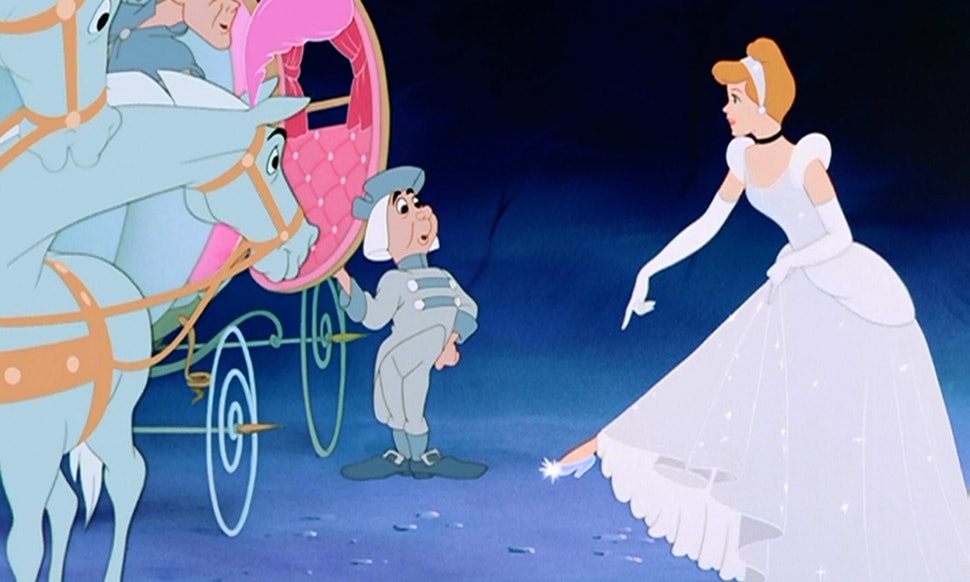The Gryphon examines and unpicks the increasingly popular idea that our classic fairy tales should be re-written to reflect our modern values.
The realm of the fairy tale is magical and free – anything can happen within the enchanted kingdoms of these stories. But does this mean we should change the tradition?
There are so many retellings of fairy tales in circulation today repeated in different contexts, but the general storyline tends to follow the well-known pattern; ‘Boy meets girl, boy saves girl, boy and girl live happily ever after’ * queue Lizzie McGuire in the Cinderella Story * But people are beginning to question whether we should not only modernise the details of fairy tales but completely reimagine them to fit our new politically-aware social climate.
Can the woman be in the main seat? What would happen if Sleeping Beauty was a man, and he was awoken by the enchanted kiss of strong saviour Princess Arora? Or if the Little Mermaid chose to keep her feet so that she could head her own law business on land rather than to marry her sweet prince? There has been a lot of discussion around the topic of whether fairy tales are limiting the imaginations and aspirations of kids today, shown in the development of completely new stories. But this still does not change the question of whether we should play with tradition.
The BBC recently undertook a study in which they asked a group of school children to rewrite the classic story of Cinderella. It resulted in the 21st century sassy ‘Cindy’ that refused the proposal of the prince, instead, the pair became world-renowned explorers. Clearly, fairy tales are not limiting the imaginations of these kids, fully aware that woman can design their own lives! The BBC seemed to cause a bit of a stir with this study, however, with many people feeling that we should not be messing with tradition, with one person adamant that it was another example of the ‘PC world gone mad’.
But should we be so worried about a little change considering the fairy tales that we consider our ‘originals’ are more often than not Disney’s jolly rewrites of the classic Brother’s Grimm tales from the 19th century? These tales aren’t quite so happy, serving to teach children moral lessons rather than send them into a dream-filled imaginary kingdom. The original Little Mermaid does not find her feet and her love as we see in Disney’s nineties version. She instead has her heart broken, attempts to murder the prince and eventually dissolves into sea foam to exist upon the waves. And when the glass slipper doesn’t fit on the ugly stepsisters’ feet in the Grimms’ Cinderella, the sisters mutilate their feet, violently hacking off their heels and toes until they fit into the slippers… Not quite as delicate and sparkly as our understanding of fairy tales today.
Considering we have already strayed so far from the originals to protect children from the horrors they contain, should we be concerned about doing this again?
In a recent report by the Metro, Kristen Bell revealed that she is concerned about the suitability of Snow White for her daughters, aged 5 and 3. Kristen ponders, ‘Don’t you think it’s weird that the Prince kisses Snow White without her permission, because you cannot kiss someone if they’re sleeping!’. (I guess that writes off Sleeping Beauty as well then…) Kristen is supported in this by actress Kiera Knightley who has banned her young daughters from watching Disney Princess films because of their lack of feminist values. So why did leading feminist and political activist Emma Watson recently choose to play the role of Belle in the remake of classic fairy tale Beauty and the Beast? In an interview with the Guardian in February last year, Watson told of how she rejected the role of Cinderella but chose to play Belle as she felt she could mould the character away from the established Disney idea, making her ‘the kind of woman [she] would want to embody as a role model’.
This is a very relevant discussion today with so many remakes of fairy tales appearing in our cinemas, sparking discussion about the role of women within them. But is the rewriting of fairy tales just the beginning of a literary revolution in which all of our classic novels will need rewriting to ensure they abide by our PC ruling? But the question remains; have fairy tales reached their ‘happily ever after’, or is there still room for improvement?
Megan Stuart

